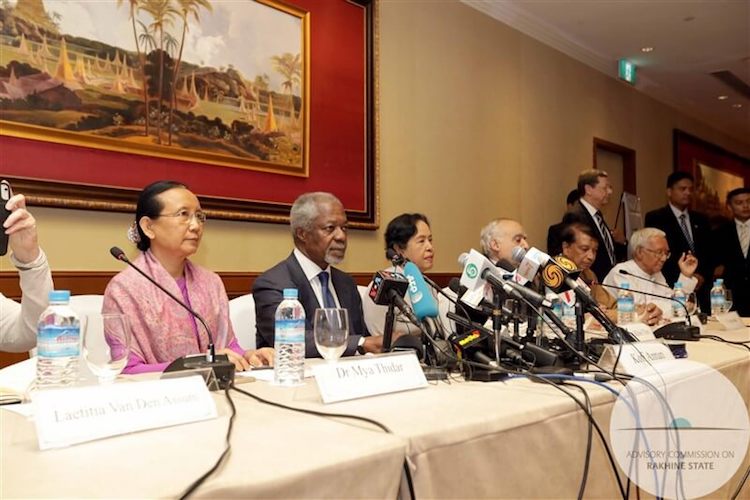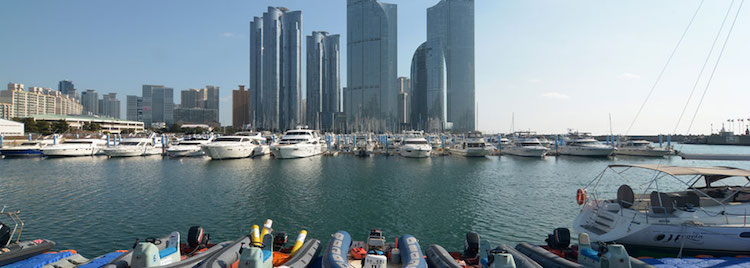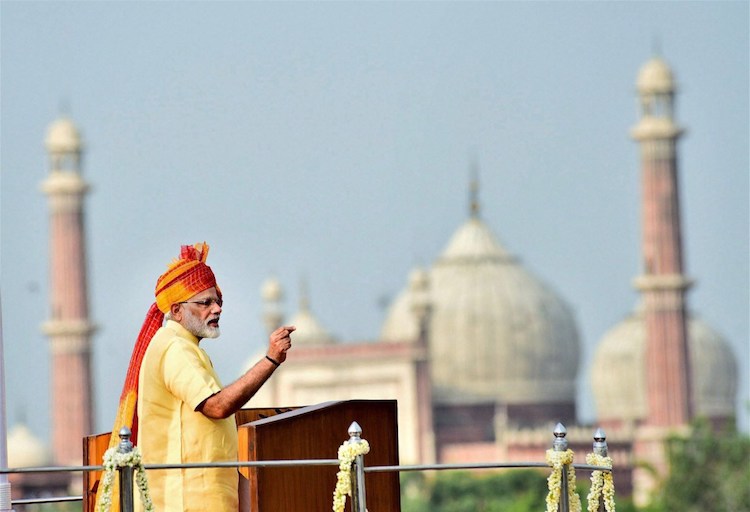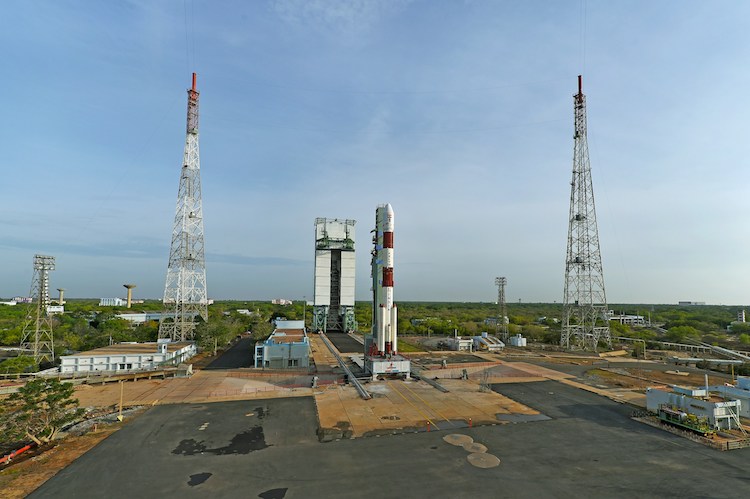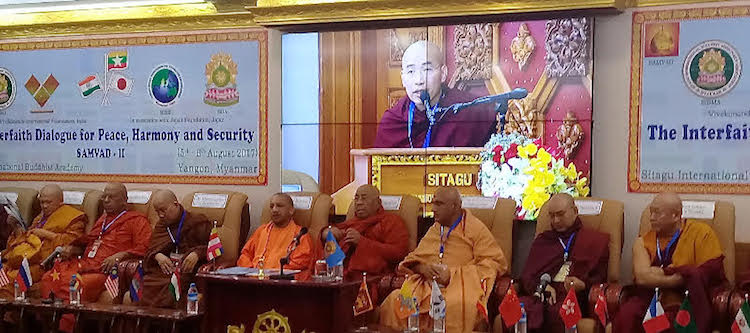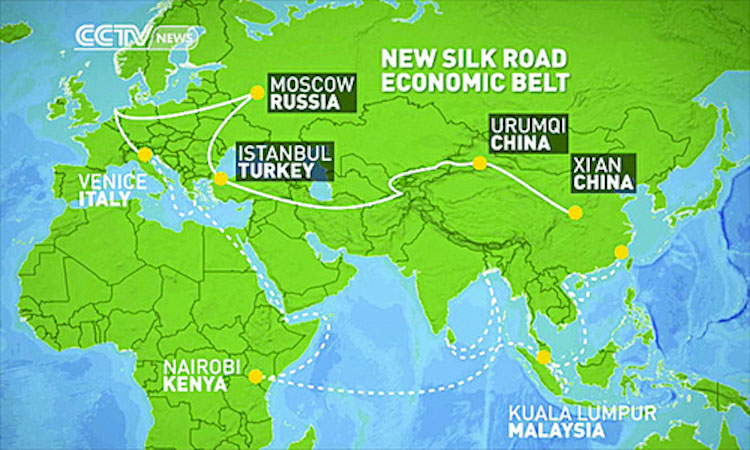By Shamshad Akhtar and Erik Solheim*
“Resource Efficient and Pollution Free Asia-Pacific” is the focus of the UN ESCAP- UNEP’s First Asia-Pacific Ministerial Summit on the Environment from September 5-8 September 2017 in Bangkok, which is purported to motivate policy makers to embark on sustainable development pathways that will achieve the Sustainable Development Goals (SDGs) and contributions under the 2015 Paris Agreement.
BANGKOK (IDN) – The high-level meeting is a unique opportunity for the region’s environment leaders to discuss how they can work together towards a resource efficient and pollution-free Asia-Pacific.


